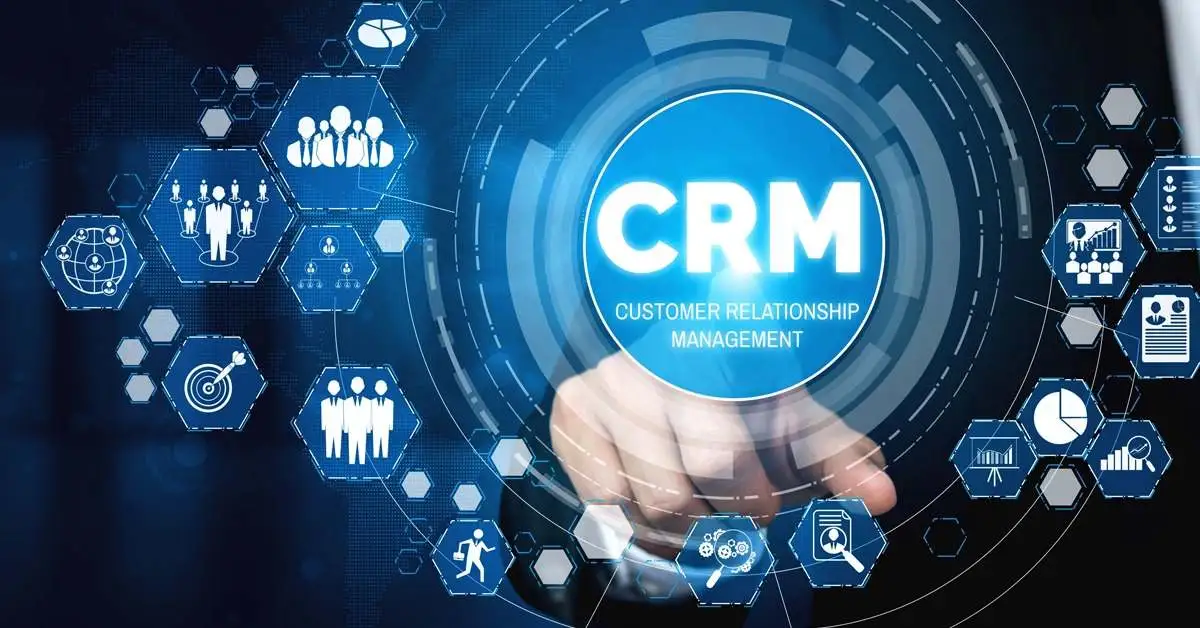How to Create a Successful CRM Strategy

A whopping 92% of businesses say that CRM software plays a key role in achieving their revenue goals. While good CRM software is useful, it’s a well-defined CRM strategy that helps you achieve revenue goals and enhance customer relationships.
In this blog, we will discuss the importance of a CRM strategy and provide insights into creating a successful CRM strategy for your business.
Table of Contents:
- What Makes a Good CRM Strategy?
- How to Build a Successful CRM Strategy?
- What is Required Before Building a CRM Strategy?
- Why is a CRM Strategy so Important?
What Makes a Good CRM Strategy?
A CRM strategy is a plan to build stronger relationships with existing customers and generate more leads among potential customers.
An Effective strategy enables sales, marketing, and customer service teams to optimize customer interactions. The goals of a CRM strategy include improving the customer experience, streamlining the sales process, and increasing profits using software.
How to Build a Successful CRM Strategy?
Here’s a detailed guide on how to build an effective strategy that not only encourages strong customer relationships but also drives business growth:
1. Audit Your Business
The first step in creating a CRM strategy is to examine your business’s existing strategies, workflows, and customer data. Include all departments responsible for the customer experience – from sales and marketing to customer service and support.
This provides insight into what data is being collected, where the information repositories are, and where integration and improvement may be needed.
As a result, this helps you identify your business’s weaknesses, strengths, and areas for improvement.
2. Define Your Goals
A clear goal is a must while implementing a CRM strategy. Set specific, measurable goals with the information gleaned from the business audit. The goals of your strategy should align with your overall business goals and objectives.
Once your goals are set, evaluate whether you have enough team members and the right tools to accomplish them.
3. Define Your Audience
Ensure who your customers are, who is buying from you, and why. You can get information about your customers by creating buyer personas. Buyer personas play a crucial role in maintaining strong customer relationships.
The purpose of buyer personas when developing a CRM strategy is to capture all the activities involved in acquiring and serving your customers in your CRM.
4. Map the Customer Journey
Map your customer’s journey from start to finish after purchase. During this mapping, uncover areas where customers’ needs are met and where they face problems.
For example, if customers feel neglected after a purchase, implementing a structured follow-up process through your CRM can increase satisfaction and open up opportunities for additional sales.
5. Create Customer Segments
Divide your customer base into segments based on demographics, purchasing behaviors, or engagement levels. This segmentation allows for more targeted and personalized marketing strategies.
For example, you send different email marketing campaigns to new customers versus long-term customers tailored to their specific interactions and purchase history with your business.
6. Choose the Right CRM Tool
The right CRM tool makes a lot of difference when building an effective CRM strategy. Choose CRM software based on the scale and focus of your business. Make sure the software integrates seamlessly with your existing tools – marketing software, email system, or customer service platform.
7. Implementation and Training
Once selected, implement the CRM system across your team and conduct extensive training to ensure everyone understands how to use it effectively.
8. Monitor and Adapt
Regularly monitor performance through customer satisfaction scores, sales conversion rates, and service response times. Analyze the data collected to improve your strategy.
What is Required Before Building a CRM Strategy?
Before you create a strategy, it’s essential to establish a solid foundation for your business goals and objectives.
1. Technology Assessment
Evaluate the technology infrastructure supporting CRM for your business. This may include hardware and software. Identifying and addressing the shortcomings in ensuring seamless integration and operations is important.
2. Data Management Capabilities
Ensure that your business can collect, store, and analyze extensive data. This also includes having appropriate data management policies and tools to handle customer information securely and efficiently.
3. Stakeholders buy-in
Get the support of key stakeholders in your business to adopt the strategy properly. This includes top management, IT, sales, marketing, customer service, and other departments that must interact with the CRM system.
4. Skilled Team
Make sure your team is skilled in using the CRM software better. This includes customer service teams, customer support teams, IT professionals, data analysts, etc.
Why is a CRM Strategy so Important?
A CRM strategy is important for businesses of all sizes because it provides a structured approach to managing customer interactions throughout their lifecycle. Here are details of its key benefits:
Builds Strong Customer Relationships
An efficient CRM strategy helps you build strong relationships by tracking customer interactions and preferences. This allows for more personalized communications and targeted marketing campaigns, increasing customer loyalty.
Helps provide Better Customer Service
A CRM system lets you streamline customer service processes. This allows teams to access customer information and solve problems quickly.
Increases Sales and Revenue
The CRM strategy helps you identify sales opportunities and target customers. It allows you to track sales pipelines and analyze customer behavior, increasing sales and revenue.
Ensures Data-Driven Decision-Making
A CRM system collects valuable customer data that is analyzed to gain information about customer preferences, purchasing habits, and market trends. This data empowers you to make informed decisions about marketing campaigns, product development, and overall business strategy.
The Bottom Line
A well-implemented CRM strategy is a transformational framework for your business. It leverages strategic customer insights to enhance relationships, increase efficiency, and drive revenue growth.
It is important to adopt a strong strategy to unleash the full potential of your business and increase customer satisfaction.
Related Post
Copyright © gocustomerexperience.com. All Rights Reserved.




